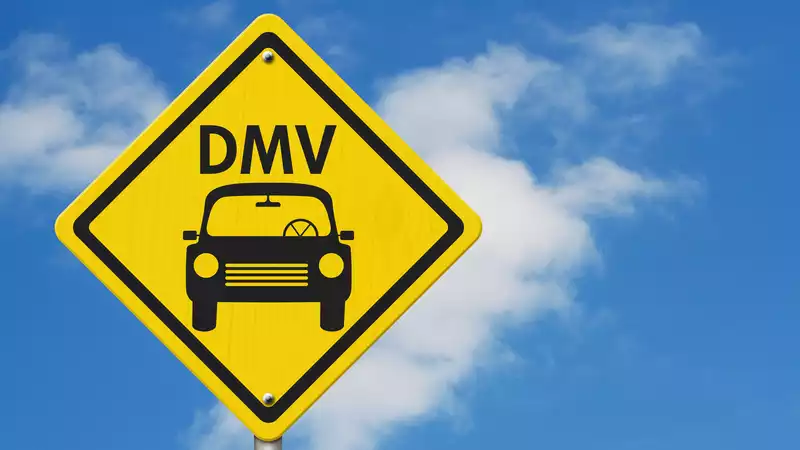It's bad enough dealing with the DMV, but there are also scams out there that pretend to be the local DMV and try to steal your valuable personal information. It's downright evil.
And today, a random text message sent to me tried to get me to click on a URL that would take me to a fake DMV site, where I was asked to enter my social security number and driver's license number.
Otherwise, this "smishing" (SMS phishing) scam told me that if I did not comply, my driver's license might not comply with new federal regulations.
It was the URL that first alerted me to the suspicious nature of this text message. The New York State DMV would not use a web address ending in ".in," the top-level domain of India. (To make matters worse, anyone clicking on that URL is sent to an apparently normal-looking website with a legitimate domain name: https://secure.newyorkdmv[dot]net/. Not only is this a secure HTTPS site, but it also uses "secure" as a subdomain, which makes it look like it is a real DMV website. just enough to make people think they are accessing a real DMV website.
Clicking through, however, is even more convincing. First, the following warning message appears: "For our records, your contact information needs to be updated to be REAL ID compliant. Please enter your most current mailing address and phone number.
This looks pretty convincing, except for the random use of capital letters. The fact that the scammer refers to REAL ID Compliance (a new federal regulation with which many state DMVs must comply) makes it even more convincing.
Besides, a page where you enter your name, address, date of birth, SSN, and driver's license number is a good enough starting point for identity theft, but it looks legitimate enough that someone could easily be fooled.
Take a look at the fake DMV site:
Notice the use of the New York State logo in the upper right corner and that the site is well designed enough to confuse someone who fears losing access to their driver license.
The actual New York State DMV website (below) is a bit better designed, but still close enough to the forgery above to not make light of those who were fooled.
Here are a few simple rules to keep you safe. First, never click on a link sent to you by someone you don't know or recognize. This goes for text messages as well as e-mails.
Second, don't assume a site is secure and trustworthy just because it has an HTTPS padlock in the address bar.
In this example, I would advise anyone who opens that URL to open a new tab or window and Google the actual DMV website for their state or province. Comparing the appearance and web address of the real site to the fake one will show that you are not on the actual website in question.
Third, when filling out forms online, ask yourself if the recipient really needs that information. The only people who really need your Social Security number are the IRS, state tax authorities, and your employer. Also, if the DMV already knows your cell phone number, why would they need to enter that information on the form?










Comments